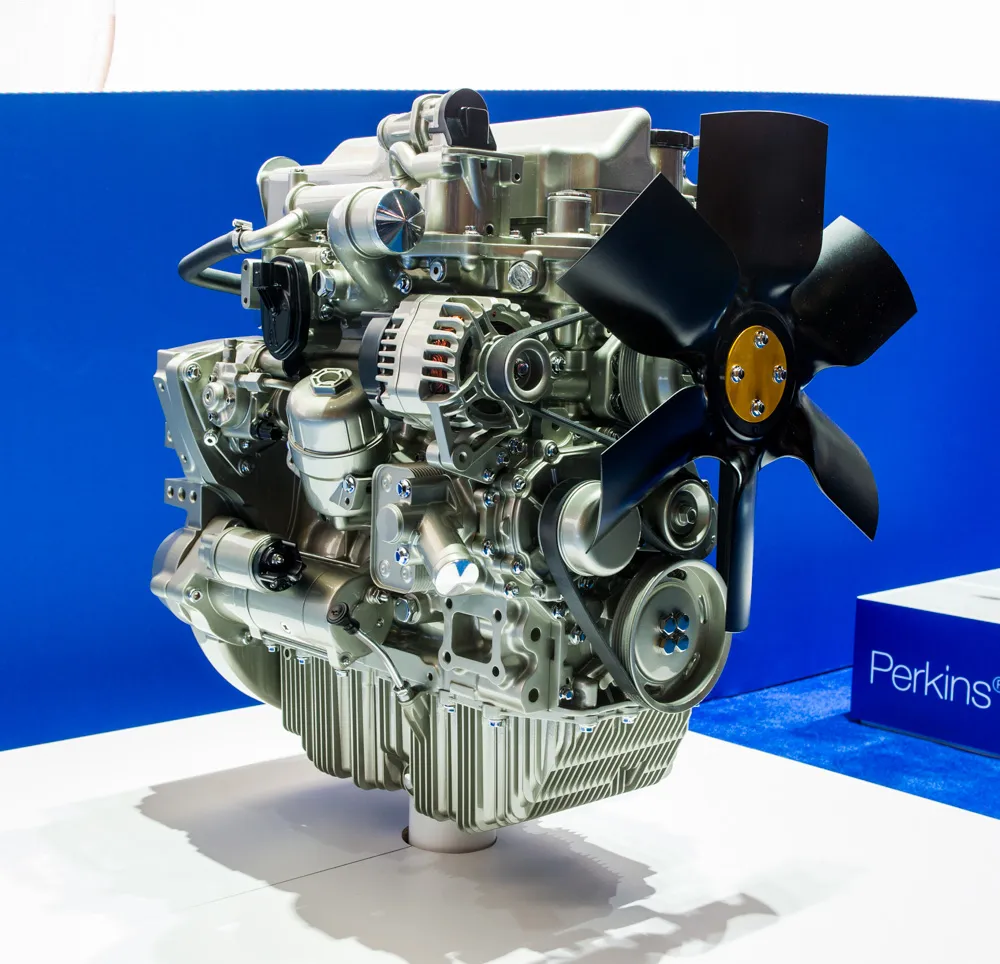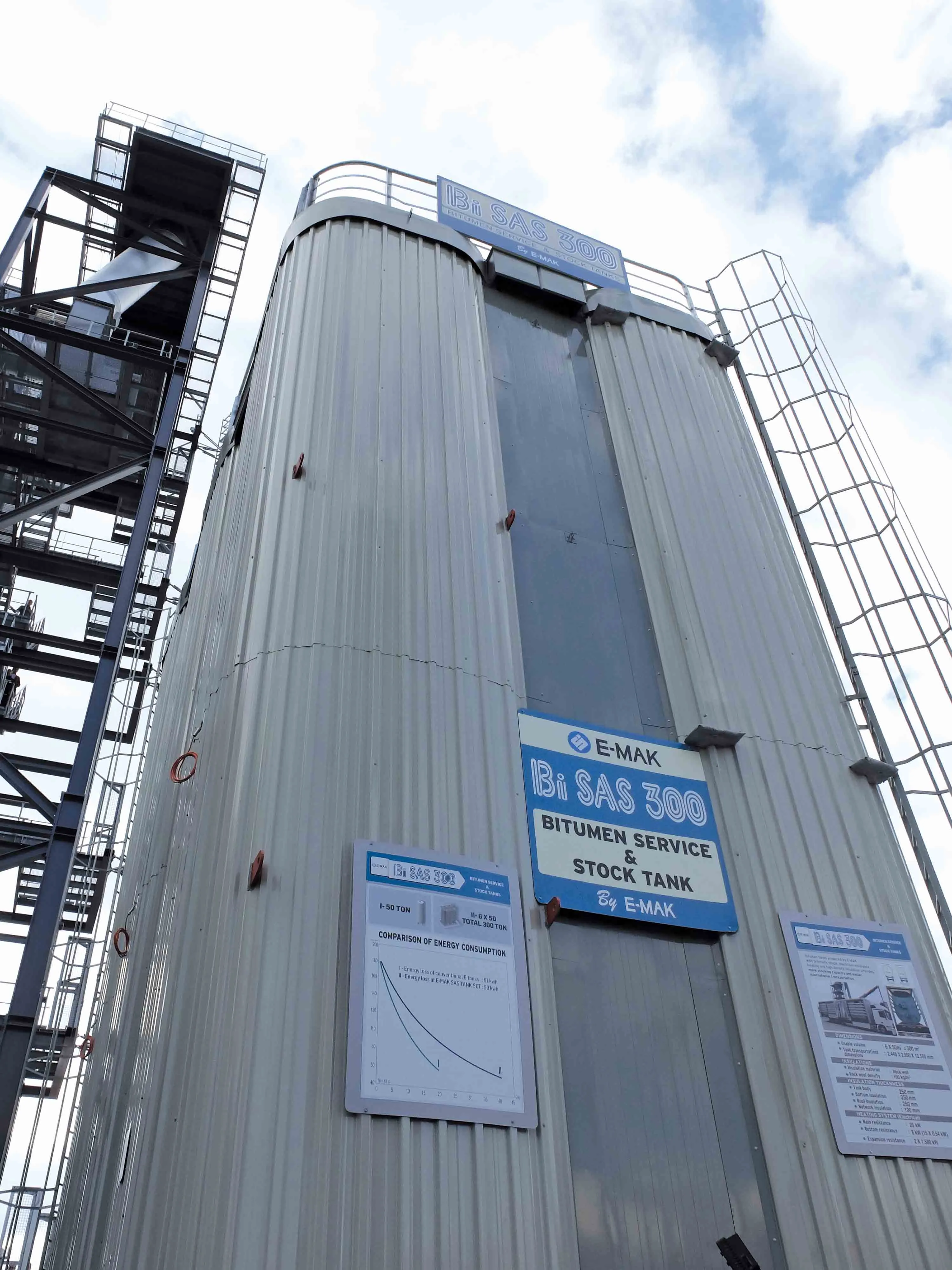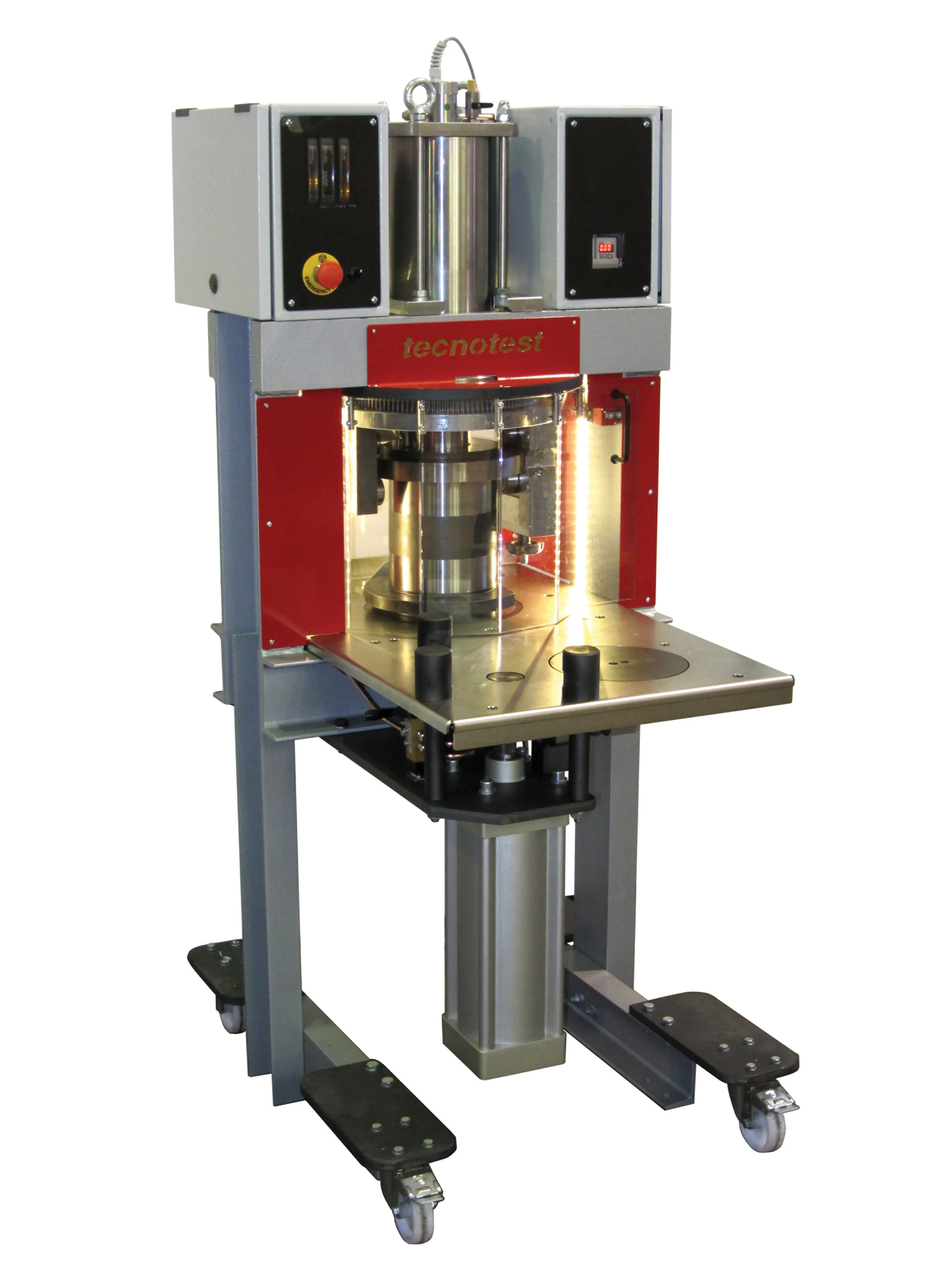
Power is 29kW, and the three-cylinder, turbocharged, DOC-only engine avoids the use of after-cooling so it maintains its focus on compact packaging, to appeal to OEMs looking to downsize and increase power density within existing applications.
“We’ve carried out a lot of collaborative engineering with OEMs to determine their exact requirements for compact power units,” said Oliver Lythgoe, who is responsible for product concept marketing at Perkins.
He added that a new process of EGR management used on the Syncro range involves piping the spent gases through the cylinder head before reaching the intake valve. It is a development that prevents over-cooling of gases and the unwanted production of condensate, yet it offers enough temperature drop to reduce the impact on existing cooling systems.
“The Syncro product represents the very best of Perkins innovation,” Lythgoe said. “With a revised combustion process, we are producing a much cleaner burn, which reduces the amount of work that the after-treatment system is required to do.”









